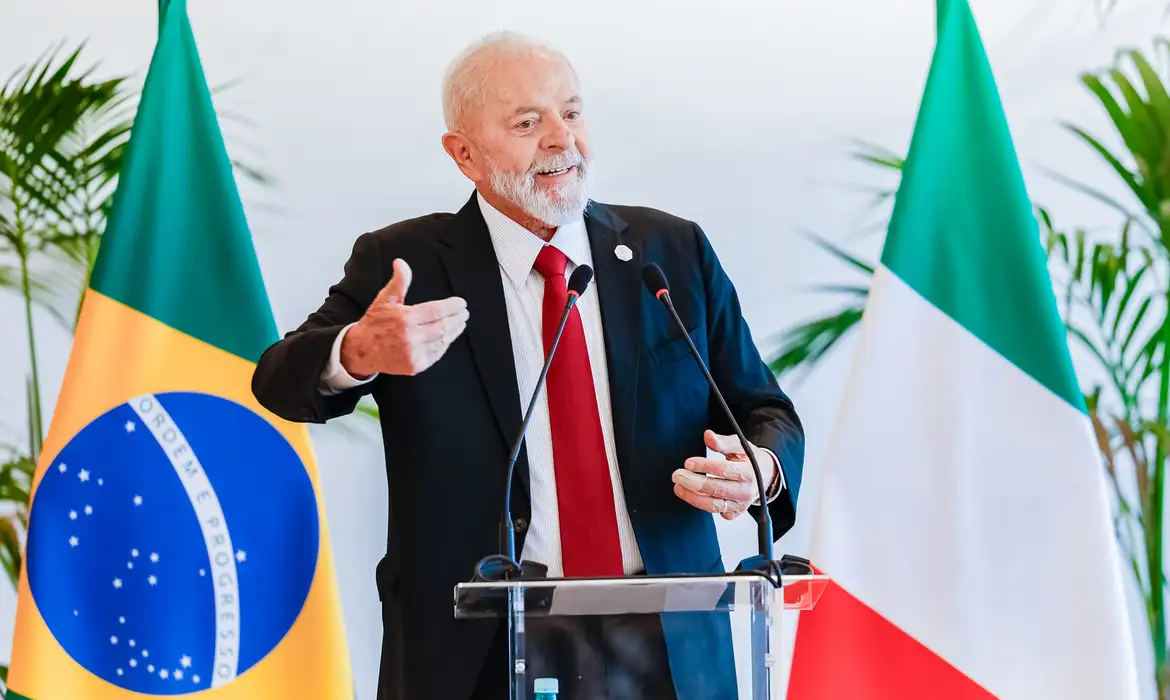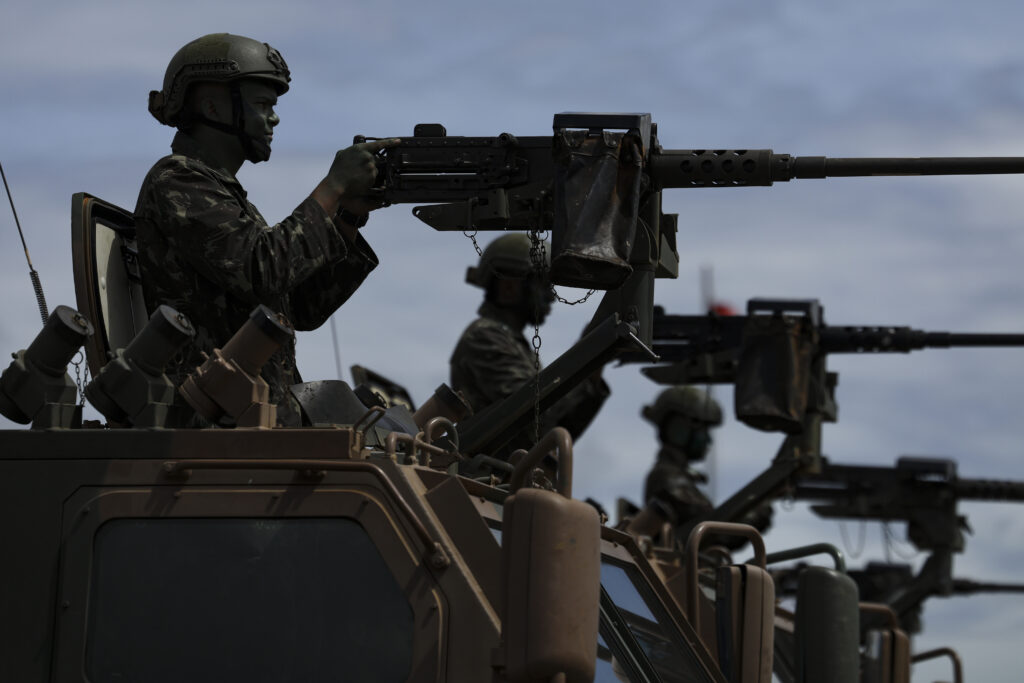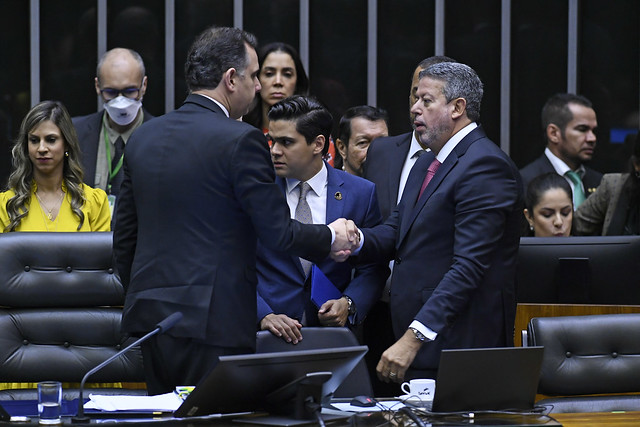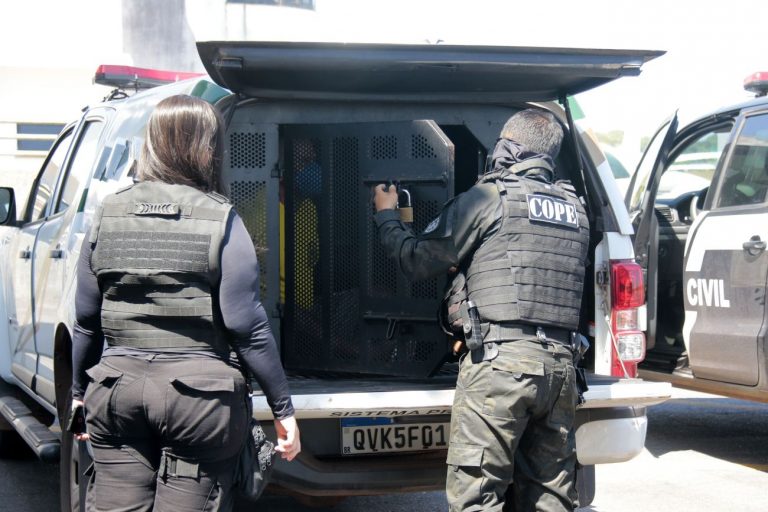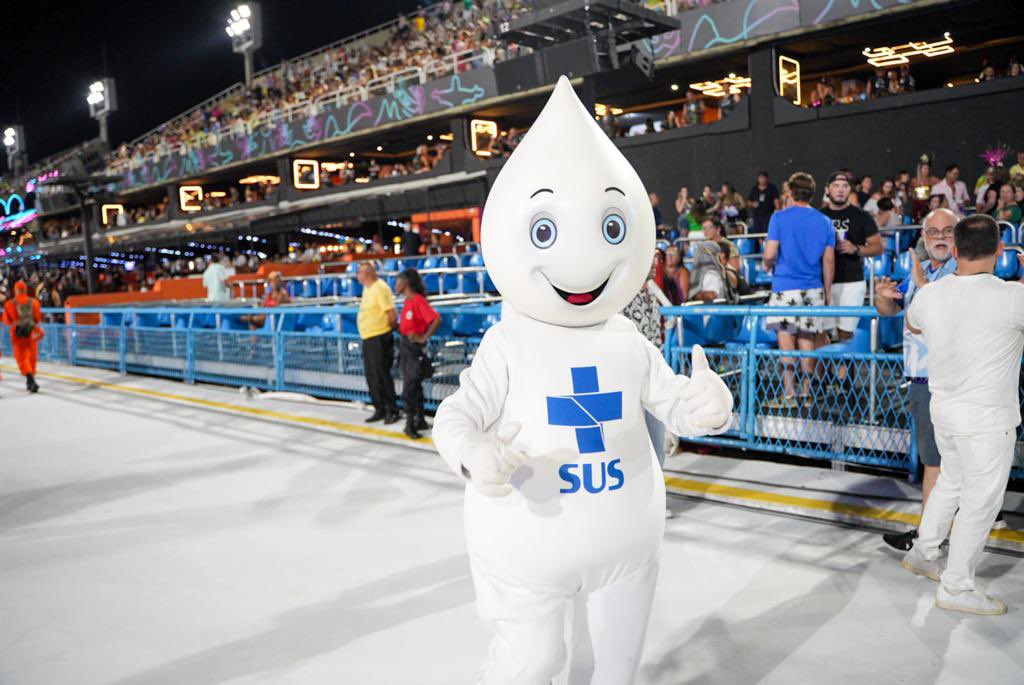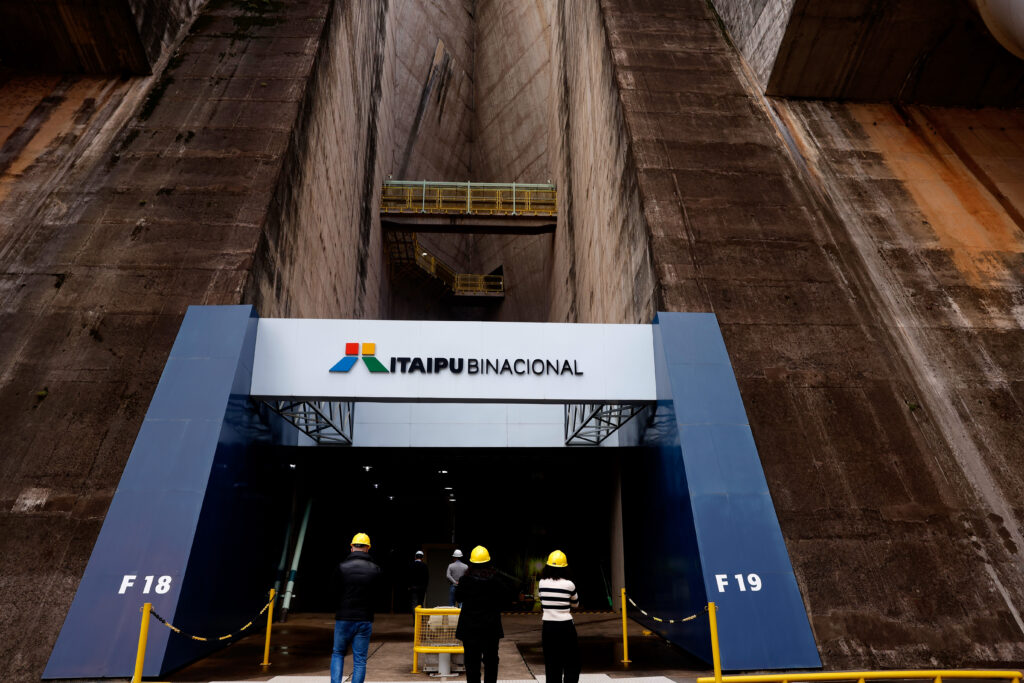São Paulo, Brazil – After two days of silence on the crisis in Venezuela, Brazil’s President Luiz Inácio Lula da Silva on Tuesday demanded that Venezuelan authorities release the voting records to “resolve the dispute” between President Nicolás Maduro and opposition candidate Edmundo Gonzalez. Maduro claims to have won the election with 51.2% of the votes, while the opposition alleges fraud and says Gonzalez won with 73%.
“It’s normal to have a dispute. How do you resolve this dispute? Show the records. If there is doubt between the opposition and the government, the opposition files an appeal and waits for the court process. And there will be a decision that we must accept. I am convinced it is a normal, peaceful process,” said Lula.
He said there is nothing “serious or alarming” about the Venezuelan electoral process. “I see the Brazilian press treating it as if it were World War III,” he said. “There is nothing abnormal. There was an election, one person said they got 51%, another person said they got 40-something percent. One agrees, the other doesn’t. It goes to court, and the court decides.”
Lula also spoke by phone with United States President Joe Biden on Tuesday to discuss the situation in Venezuela. The call lasted about 30 minutes and, according to the Brazilian government, Lula spoke about Brazil’s position to work towards the normalization of the political process in Venezuela. Lula also told Biden that the release of the voting records is essential, and the American president agreed.
Since last Sunday, when the impasse began in Venezuela, leading to street protests, the Brazilian government had only issued a statement through the Ministry of Foreign Affairs.
In the statement, the Brazilian government did not recognize Maduro’s victory but praised “the peaceful nature of yesterday’s electoral process in Venezuela” and reaffirmed “the fundamental principle of popular sovereignty, to be observed through the impartial verification of results.”
Therefore, the government stated it was awaiting the publication of detailed data by polling stations, “an essential step for the transparency, credibility, and legitimacy of the election results.” President Lula’s first public comment on Venezuelan elections came on Tuesday when he called for the release of the voting records.
“Once the records are presented, and it is confirmed that they are genuine, we all have the obligation to recognize the electoral result in Venezuela,” said the president. “What is needed is for those who disagree to have the right to express their disagreement, to prove their point, and for the government to have the right to prove its correctness.”
Meanwhile, Celso Amorim, Lula’s special advisor for international affairs sent to observe the Venezuelan elections, met with both Maduro and Gonzalez in Caracas and said Brazil’s current stance is one of caution.
“The main reason for our caution is that they haven’t released the public results by polling station. The government has only given a number so far, but they need to show how they arrived at that number: record by record,” said Amorim, who returned to Brazil on Tuesday.
According to Amorim, it is too early to talk about fraud, as some other South American governments like Argentina and Uruguay have done, and it is also too early to say everything is fine in Venezuela, as countries that have already recognized Maduro’s victory, like Bolivia, have done.
“I’m not one to recognize everything that is said, but I’m also not going to jump to conclusions of fraud. It’s a complex situation, and we want a democratic regime for Venezuela in a proper way,” he said.
While Lula tries to maintain a cautious stance, his leftist party, the Workers’ Party, has already publicly recognized Maduro’s victory. In a statement released on Monday, the party congratulated Maduro and said it is “important for the re-elected president to continue dialogue with the opposition to overcome Venezuela’s serious problems.”
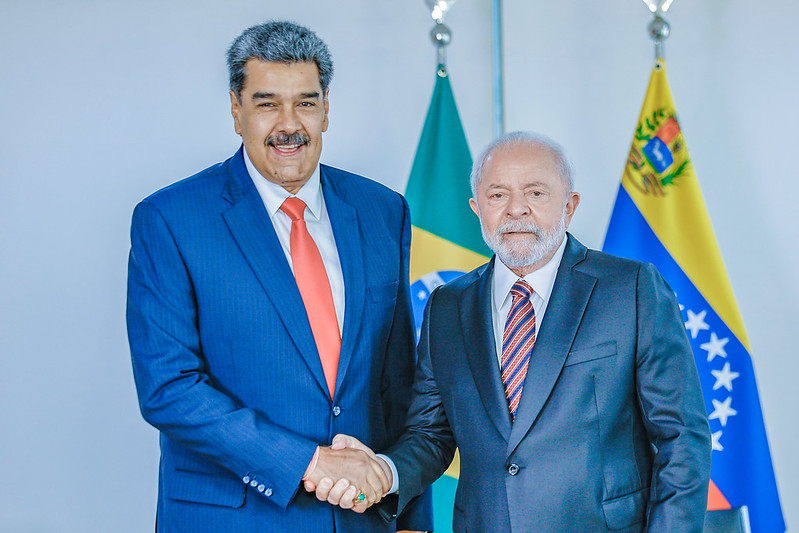
Best friends?
Lula and Maduro always maintained a close relationship and are personal friends, which drew criticism from Lula’s opposition and supporters of former President Jair Bolsonaro, who has always been one of Maduro’s biggest critics.
Upon being elected for a third term as Brazil’s president in October 2022, Lula also faced election denialism from supporters of Bolsonaro, and the former right-wing president is currently being investigated for allegedly plotting a coup to overthrow the government after he lost the election.
When Lula took office in January 2023, he resumed relations with Venezuela, which had been completely severed during Bolsonaro’s term. Maduro even came to Brazil in May 2023, on his first visit to the country since 2015, and met Lula in the capital Brasília.
Lula described the meeting as a “historic moment,” and both leaders discussed the resumption of cooperation in areas such as energy, the environment, agriculture, and industry. In recent months, the Brazilian president has advocated for fair and transparent elections in Venezuela.


